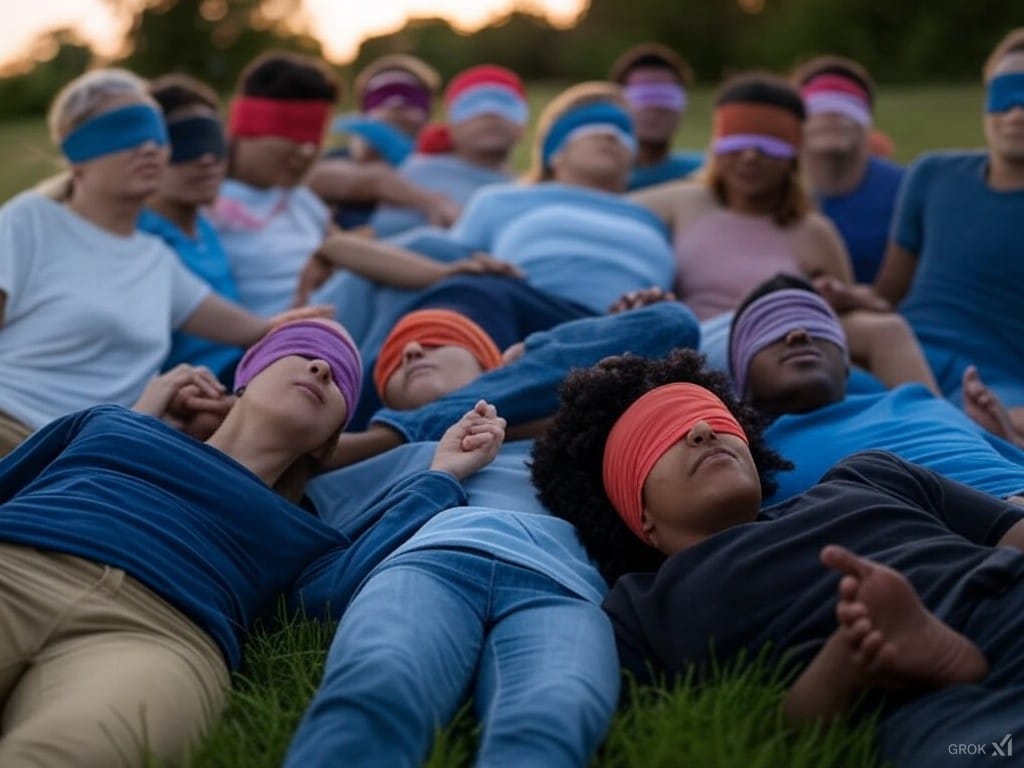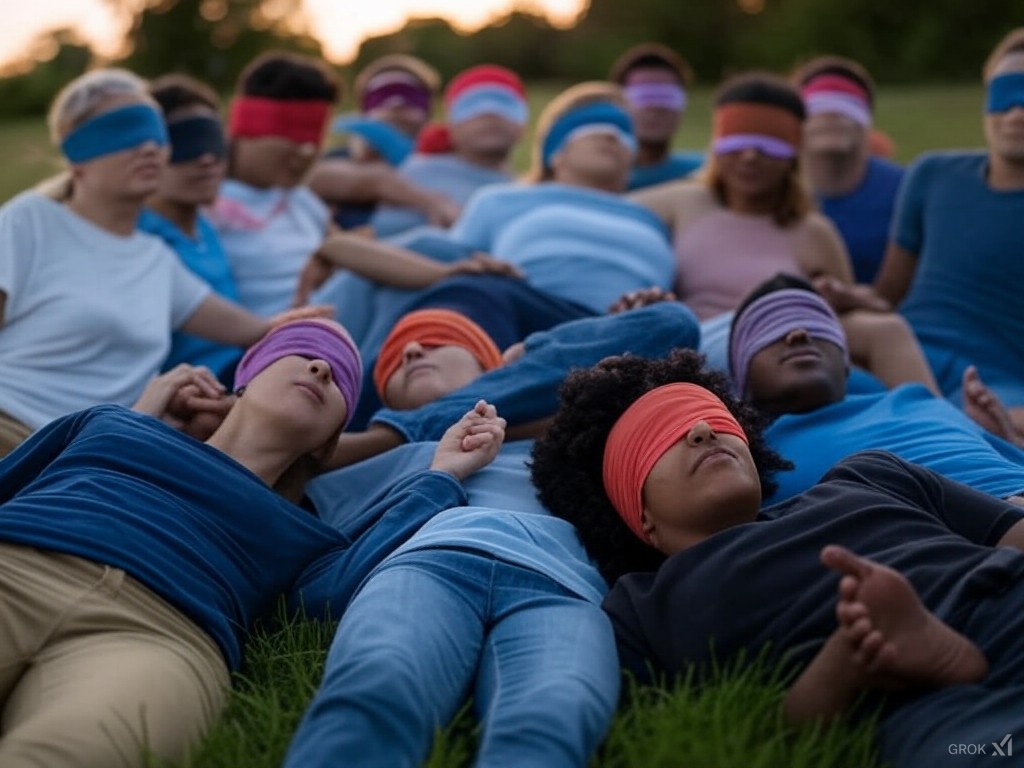Experiencing Latihan: A Spiritual Journey of Surrender and Self-Discovery

Latihan is a unique spiritual practice originating from Subud, a movement founded in Indonesia in the 1920s. The word "Latihan" is short for latihan kejiwaan, meaning "spiritual exercise" in Indonesian. At its core, Latihan emphasizes surrender, spontaneity, and a direct, personal experience of the spiritual, free from dogma or doctrine.
What makes Latihan distinct from other spiritual practices like meditation or prayer is its unstructured nature. Participants don't follow prescribed forms or rituals. Instead, they allow themselves to be guided by their inner feelings and intuition. This surrender extends to releasing thoughts, worries, desires, and even the desire for a good Latihan experience.
The practice is believed to connect individuals with a universal force or God, regardless of their existing religious beliefs. Subud emphasizes that Latihan is open to people of all faiths or those with no specific religious affiliation.
How is Latihan Practiced?
Latihan is typically practiced in a group setting, but it can also be done alone. In a group Latihan, participants stand or sit quietly, waiting for inner movement or inspiration to guide their actions, sounds, or emotions. There are no leaders or instructors directing the experience, as it's considered a personal journey guided by a higher power.
A typical group Latihan session includes:
- A quiet period: This usually lasts about 15 minutes, allowing participants to settle their minds and quiet their thoughts.
- The Latihan exercise: Someone signals the beginning, and participants stand with their eyes closed, usually in a circle. Spontaneous movements, sounds, or singing may occur. This part typically lasts 30 minutes.
- Another quiet period: Participants sit quietly for at least 5 minutes to readjust to normal consciousness.
The experience of Latihan is highly personal and varies greatly from person to person. Some describe feeling vibrations or movements, while others experience deep inner peace or receive insights. Many individuals in Subud report experiencing significant personal growth and transformation through their Latihan practice.
While Latihan is deeply personal, the group setting can lead to close proximity with others, even physical contact. Participants may find themselves moving around the room, and the spontaneity of the practice means individuals may bump into each other. This is generally approached with understanding, as everyone is focused on their own internal experience. However, it's important for participants to maintain agency regarding physical contact and to express their boundaries if needed. The practice should always be a safe and respectful space for all involved.
The Benefits of Latihan
While the specific benefits vary for each individual, common themes emerge from the experiences of those who practice Latihan. These include:
- Increased self-awareness: Latihan can help individuals become more aware of their thoughts, emotions, and behaviors.
- Deeper connection to the divine: The practice aims to facilitate a direct connection with a higher power, leading to feelings of peace, joy, and gratitude.
- Improved intuition and guidance: Many people find that Latihan enhances their intuition, providing guidance and clarity in their daily lives.
- Greater authenticity: Latihan encourages individuals to shed pretenses and embrace their true selves, leading to increased confidence and self-acceptance.
- Enhanced creativity: Some practitioners experience a surge in creative ideas and inspiration during or after Latihan.
Exploring Latihan: A Personal Journey
If you are curious about Latihan, Subud groups often offer introductory sessions and information for newcomers. The best way to understand the practice is to experience it for yourself.
The sources highlight the importance of approaching Latihan with an open mind and a willingness to surrender to the unknown. While there is no guarantee of specific outcomes, many find that the journey itself is profoundly enriching and transformative. As one long-time practitioner beautifully describes it: "It's like learning to dance a new dance with life".
Listen to the Podcast






